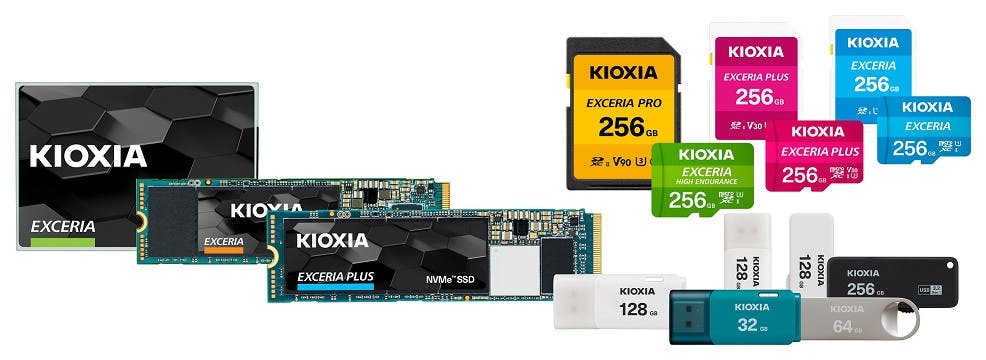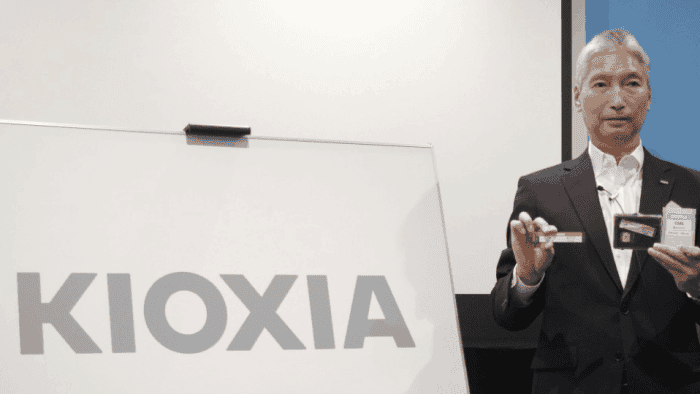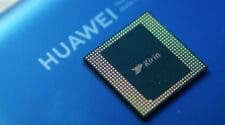The adverse effect caused by the U.S. ban on Huawei is beginning to show itself. While Huawei is feeling the effects, other non-Chinese and non-American companies are also caught in the crossfire. The ban affects not only Huawei and US companies it also Japanese companies in the supply chain. A couple of Japanese companies have begun to adjust their financing and other business strategies.

According to recent reports Japanese semiconductor memory company, Kioxia Holdings (formerly Toshiba Memory Holdings), has postponed its listing plan. Kioxia’s original schedule shows that it should be on the Tokyo Stock Exchange on October 6. However, due to the restrictions imposed by the United States on its major customer (Huawei), coupled with the uncertainty of the future, Kioxia decided to take the long view. The company will also look for a new listing opportunity at the end of this year or early next year.
Kioxia CEO and President Nobuo Hayasaka said in a statement.
Gizchina News of the week
“While we received significant interest from many investors, the lead underwriters and Kioxia do not believe it is in the best interest of current or prospective shareholders to proceed with the IPO at this time of continued market volatility and ongoing concerns about a second wave of the pandemic,”
Kioxia strongly relies on American technology
The company probably needs time to restrategize. If Huawei is the major reason for the postponement, the Huawei situation will not change in the next three to four months. According to reports, if Kioxia goes public, its total market value will probably exceed 1.5 trillion yen ($14.2 billion). This would have made it Japan’s largest IPO this year. Kioxia’s mobile phone flash memory business accounts for 40% of its total revenue. Also, Huawei has always been a major customer. After September 15, a new round of US sanctions prevents Kioxia from supplying Huawei.
Kioxia pointed out in its latest IPO document that the US ban on Huawei may cause an oversupply of the overall flash memory market and lower prices. According to the Japanese manufacturer, most or all of its products can not ship. The meaning of this is that it uses American technology in making most of its products.
Currently, Kioxia is the world’s second-largest flash memory manufacturer. Public information shows that Toshiba holds approximately 40% of Kioxia. The remaining 60% shares are for a consortium of Japanese and Korean investors led by Bain Capital.





